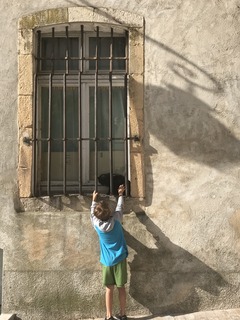| Sometimes an adult who had learned not to learn, or had grown up to be self-conscious about enthusiasm and curiosity, rediscovers the joy of discovery. |
photo by Ester Siroky
| Sometimes an adult who had learned not to learn, or had grown up to be self-conscious about enthusiasm and curiosity, rediscovers the joy of discovery. |





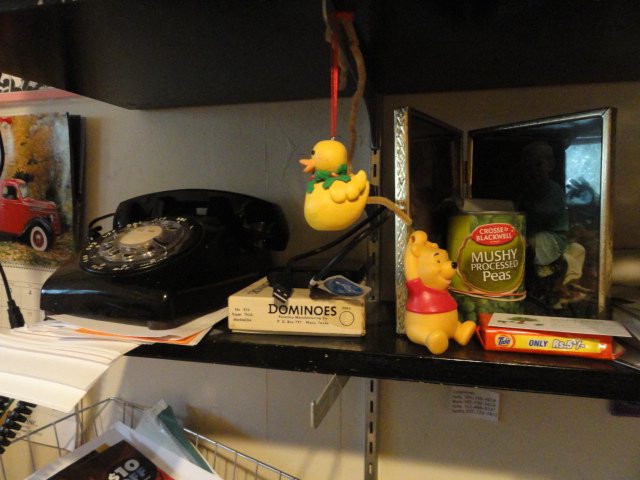
awe |
awe curiosity admiration amazement puzzlement astonishment spontaneous delight |
Text and title repeated from December 2010, with a new photo
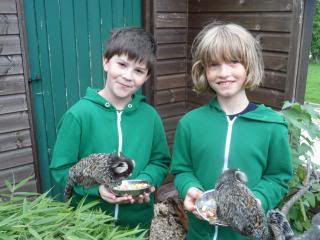 | Children are naturally curious. Sometimes an adult who had learned not to learn, or had grown up to be self-conscious about enthusiasm and curiosity, rediscovers the joy of discovery. |
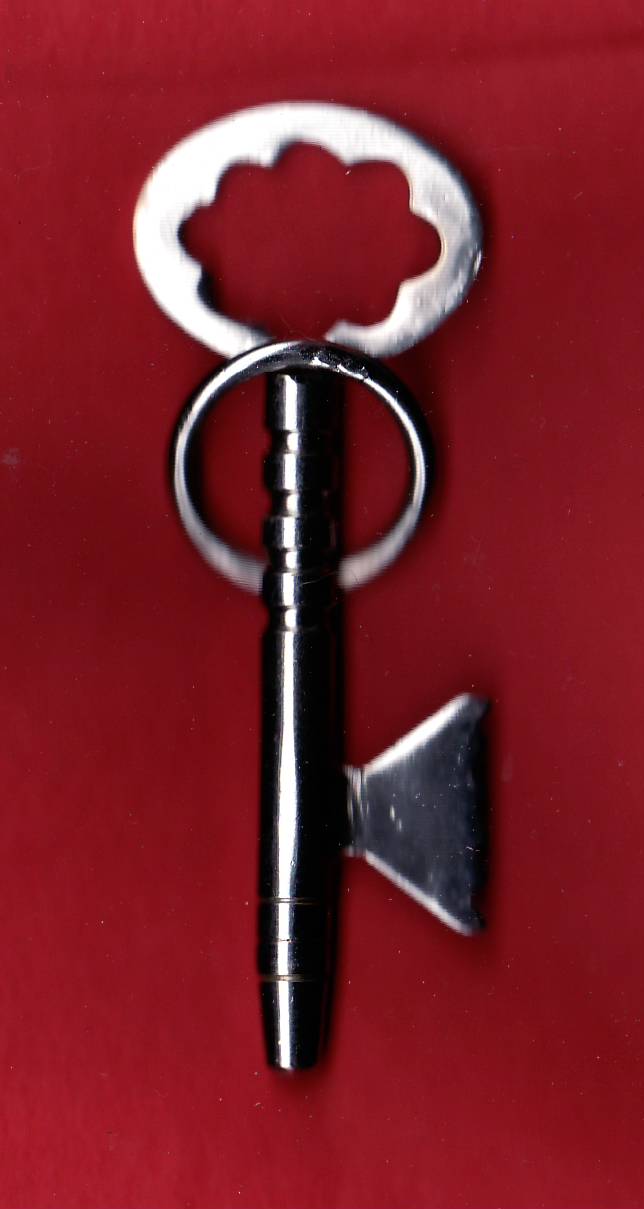
That all 'just happened,' but it happened because we've been building up to it with our whole lives and our whole style of communicating and living together in a constant state of open curiosity.
. . . .
Once you start looking for connections and welcoming them, it creates a kind of flow that builds and grows.

 |



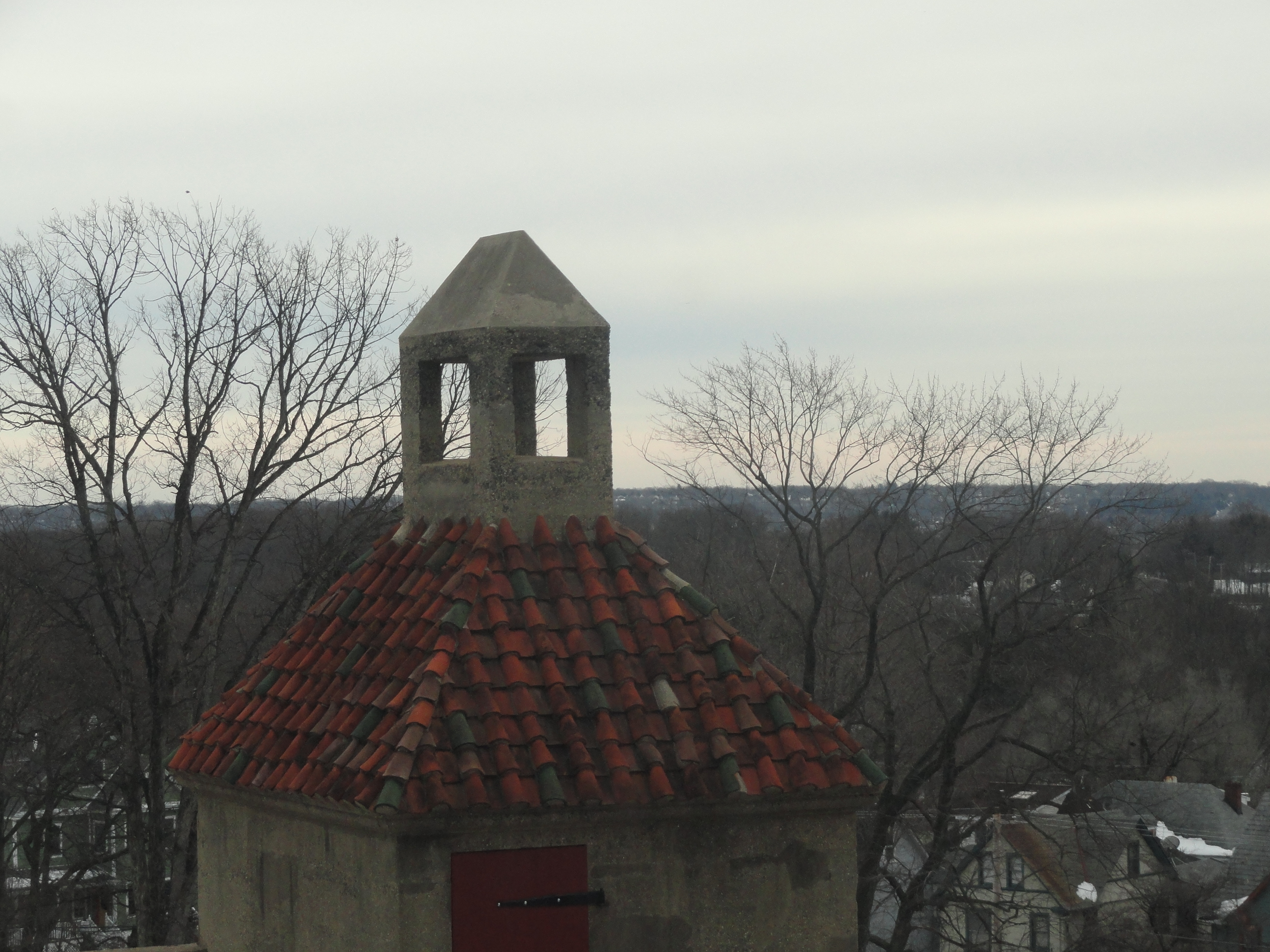

| Explore. Go with curiosity. | 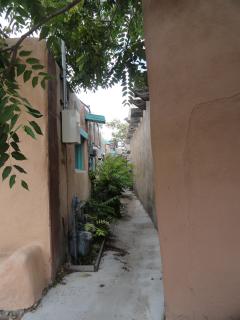 |


